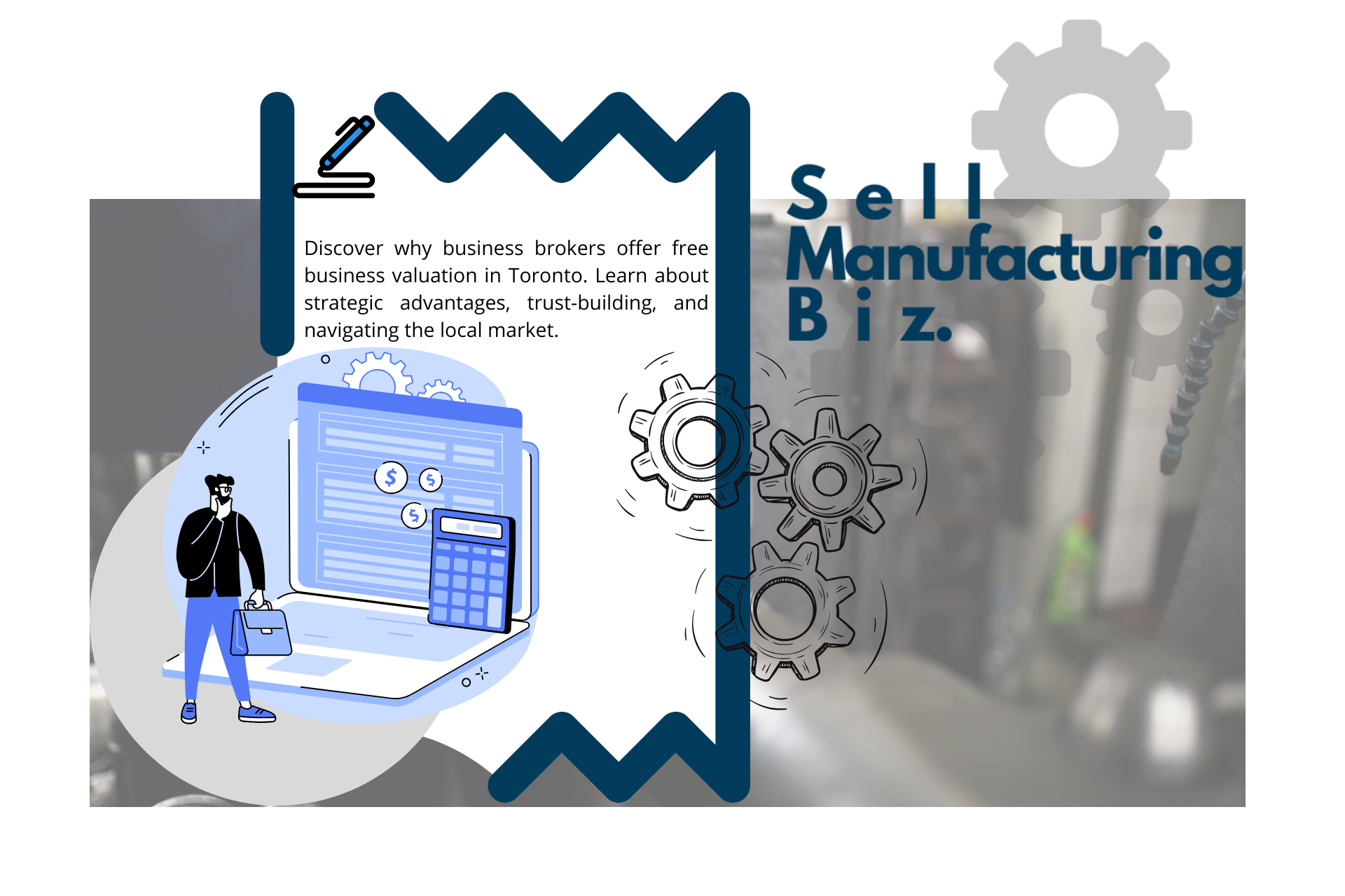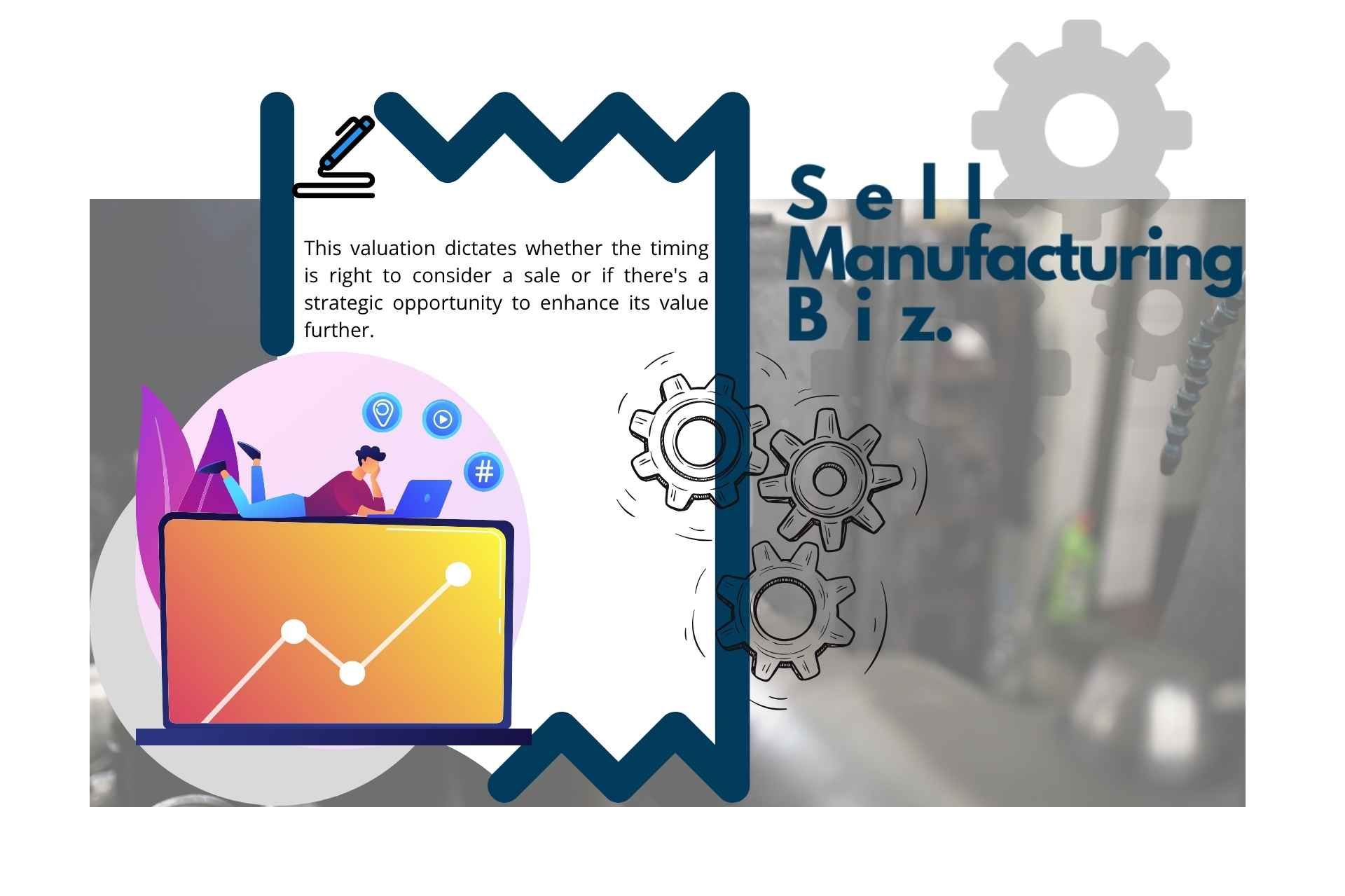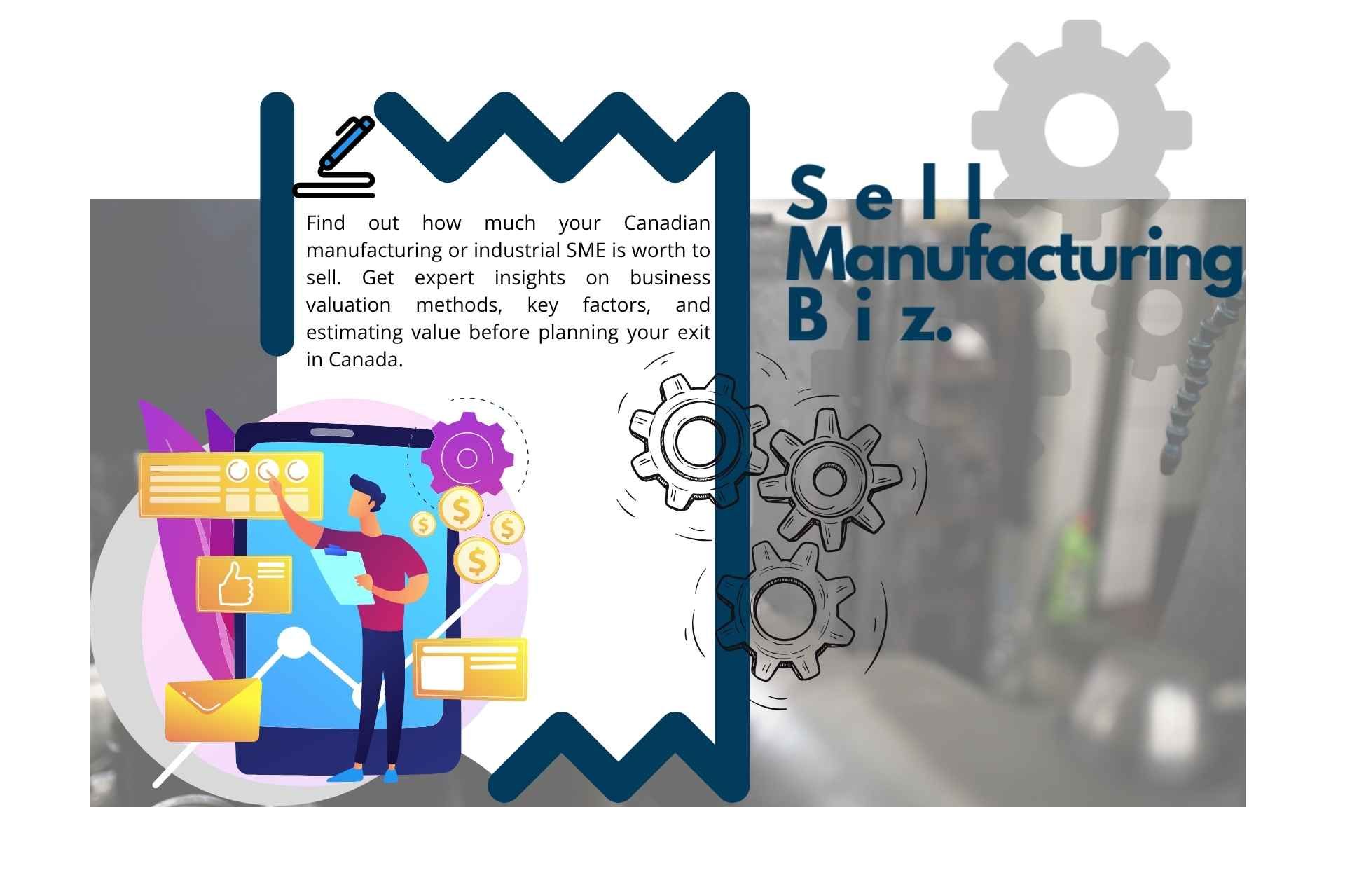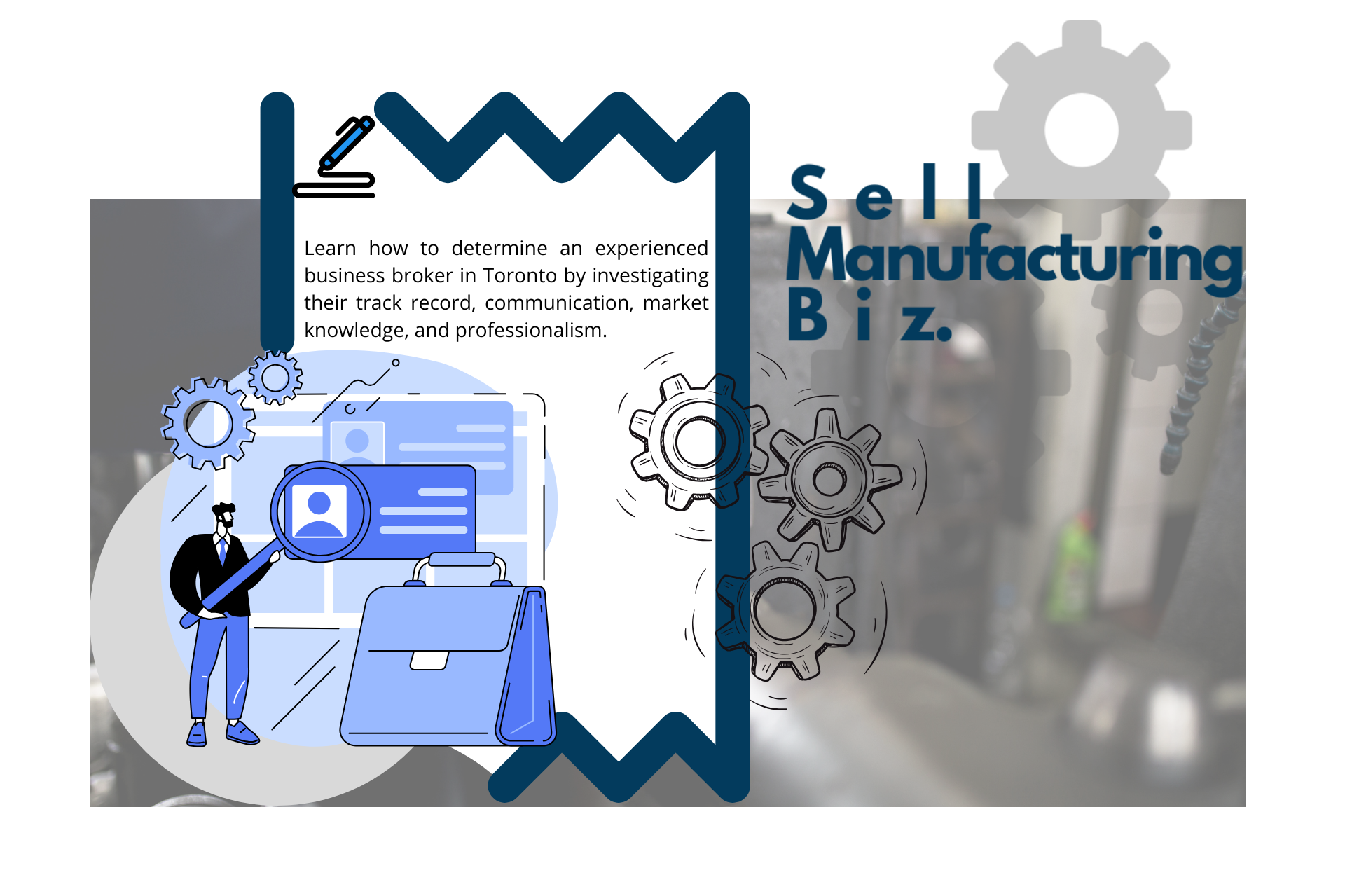The more prepared you are with organized financial records and a clear understanding of your business's assets and liabilities, the more efficient the valuation process will be. This efficiency can sometimes translate into lower overall costs, as the valuator spends less time gathering basic information and more time on analysis.
Toronto Business Valuation Costs: What to Expect
Toronto Business Valuation Costs
Thinking about how much a business valuation costs in Toronto?
It's a question many business owners in the GTA area grapple with, especially when considering selling their business, seeking investment, or just understanding their company's real worth.
It's not a simple number, and several things can push the price up or down. We'll break down what goes into that cost and what you can expect.

Key Takeaways
- The cost of a business valuation in Toronto can vary widely, influenced by factors like the business's size, complexity, and the specific services needed.
- Key components that affect valuation fees include the intricacy of the business operations, the depth of the valuation engagement, and the experience level of the professional conducting the assessment.
- Preparing your business for a business valuation by organizing financial records, assessing all assets (both physical and non-physical), and understanding your customer base can lead to a more efficient and potentially less expensive valuation process.
- Different valuation methods, such as income-based, market-based, or asset-based approaches, will be chosen based on your business type and industry, impacting the overall valuation cost and outcome.
- External factors like market trends, industry comparisons, and the economic climate can influence your business's perceived worth, even if they don't directly change the valuation fee itself.
Understanding Business Valuation Costs In Toronto
Figuring out what your business is worth in Toronto isn't just for when you're thinking about selling. It's a number that impacts a lot of things, like getting loans, setting up partnerships, or just planning for the future.
When you're looking into the cost of company valuation in Canada, you'll find it can vary quite a bit. Generally, you might expect business appraisal fees in Toronto to range from around CAD1,000 to CAD10,000. This isn't a hard and fast rule, though, as many things play a role in the final price.
Khaled Baranbo at sellmymanufacturingbiz.ca often points out that a good valuation is like having a clear map for your business's financial journey. It helps you understand your company's true value, which is super important whether you're looking to sell, bring on investors, or just get a handle on your assets.
Factors Influencing Valuation Expenses
The price tag for a business valuation in Toronto isn't set in stone. Several elements can push the cost up or down. Think about the size of your business and how complicated its finances are.
A small corner store will likely cost less to value than a manufacturing plant with multiple locations and complex supply chains. The more detailed the analysis needed, the more time and resources the valuator will spend.
This is why understanding thecost of accounting services in Canada is also relevant, as accurate financial records are the bedrock of any valuation.
The Role Of Professional Business Valuators
When you hire a professional business valuator in Canada, you're getting someone with specific skills to assess your company's worth. These folks know the ins and outs of different valuation methods and can spot things you might miss. They provide an unbiased look at your business, which is incredibly helpful, especially when you're negotiating a sale.
A good valuator, like those Khaled Baranbo might recommend, can make a big difference in getting you the best possible outcome. They help ensure the valuation is done right, using the latest practices.
Why Business Valuation Is Essential
So, why bother with a business valuation? Well, it's more than just a number. It's about making smart decisions.
Knowing your business's value helps you:
- negotiate better if you're selling,
- attract investors with confidence,
- or even plan for succession.
It gives you a clear picture of your company's financial health and its place in the market. Without it, you might be leaving money on the table or making plans based on guesswork.
It's a key step for any serious business owner in Toronto looking to understand their assets fully.
Key Components Of Valuation Fees
When you're looking to get a handle on what your business is actually worth, especially here in Toronto, you'll find that the cost of a professional business valuation can really swing.
It's not a one-size-fits-all price tag, and that's totally normal. Think of it like getting a custom suit versus buying one off the rack – the more tailored it is, the more it's going to cost. Generally speaking, you're probably looking at anywhere from CAD1,000 to CAD10,000 for a solid valuation.
This range accounts for a lot of different things, and understanding those will help you budget better. Khaled Baranbo at sellmymanufacturingbiz.ca often points out that the investment in a good valuation pays for itself, especially when you're looking to sell or bring in partners.
Complexity Of The Business
This is probably the biggest driver of cost. A simple corner store with straightforward financials and a small team is going to be way less expensive to value than a manufacturing plant with multiple product lines, international suppliers, and a complex ownership structure.
The more moving parts there are, the more time and effort a valuator like Khaled Baranbo needs to spend digging into the details. This includes understanding all the different revenue streams, the supply chain, the technology involved, and any unique operational aspects.
A business with a lot of different locations or subsidiaries also adds layers of complexity.
Scope Of The Valuation Engagement
What exactly do you need the valuation for? The purpose of the valuation really shapes the scope and, therefore, the cost.
Are you looking for a quick estimate for internal planning, or do you need a formal, in-depth report for a potential sale, a legal dispute, or to satisfy a bank's requirements? A valuation for a potential sale, for instance, will likely be more detailed and rigorous than one for internal strategic planning.
The level of detail required, the specific methodologies that need to be applied, and the extent of the documentation needed all factor into the final fee.
Khaled Baranbo emphasizes that being clear about your needs upfront helps set realistic expectations for both cost and timeline.
Experience Of The Valuation Professional
Just like in any profession, there's a wide range of experience and specialization among business valuators. A seasoned professional with years of experience, particularly in your specific industry, will often command a higher fee. This isn't just about paying for a name; it's about paying for their deep understanding, their established methodologies, and their ability to spot nuances that a less experienced person might miss.
Chartered Business Valuators (CBVs) in Canada, for example, have undergone rigorous training and certification, and their fees reflect that specialized knowledge.
Khaled Baranbo's background in manufacturing means he brings a specific kind of insight that can be incredibly beneficial, justifying the investment.
Here's a general idea of how complexity and scope might affect costs:
| Business Size/Complexity | Valuation Purpose | Estimated Cost Range (CAD) |
|---|---|---|
| Small, Simple Business | Internal Planning | 1,000 - 3,000 |
| Medium Business | Potential Sale | 3,000 - 7,000 |
| Large, Complex Business | M&A, Legal | 7,000 - 10,000+ |
References:
- BDO Canada: Often publishes articles on business valuation, highlighting factors influencing costs and the importance of professional assessment. Their insights generally align with the cost ranges mentioned for various business complexities. (Example: Search for "BDO Canada business valuation cost factors")
- MNP LLP: As a major accounting firm in Canada, MNP provides services including business valuation. Their resources frequently discuss the investment required and the value derived from professional valuations, supporting the CAD1,000-CAD10,000 range. (Example: Search for "MNP business valuation services Canada")
- Canadian Institute of Chartered Business Valuators (CICBV): While they don't set specific prices, their guidelines and the nature of the CBV designation imply a professional fee structure that aligns with the higher end of the spectrum for complex engagements. (Example: Search for "CICBV CBV designation benefits")
Preparing For A Business Valuation

Getting your business ready for a valuation is a bit like prepping for a big exam. You wouldn't just walk in without studying, right? The same goes for your business. A well-prepared business not only tends to fetch a better price but also makes potential buyers or investors feel a lot more confident. It’s about showing them you’ve got your ducks in a row.
Organizing Financial Records
Think of your financial documents as the bedrock of the entire valuation. You'll want to pull together at least three years of your income statements, balance sheets, and cash flow statements.
Make sure these are:
- clean,
- accurate,
- and ideally, have been looked over by an accountant.
Your tax returns should line up perfectly with these statements; any mismatch can be a red flag during the buyer's review. It’s also a good idea to have detailed breakdowns of your expenses, especially anything that might seem a bit personal or discretionary. This level of detail helps paint a clear financial picture.
Assessing Tangible and Intangible Assets
Beyond the numbers on paper, you need to account for what your business actually owns. This means making an inventory of all your physical assets – think equipment, property, vehicles – and getting a sense of their current market value.
Don't forget about your intellectual property, like patents, trademarks, or unique processes. Documenting these and understanding their worth is important. You'll also want to have a clear picture of any outstanding debts, loans, or liabilities. This gives the valuation professional a complete financial overview.
Understanding Customer Base and Repeat Business
A solid, diverse customer base is a huge plus for any business valuation. Buyers love to see that your revenue streams are predictable. You should be able to show things like customer retention rates and how long, on average, customers stick around.
A key thing to look at is customer concentration – if one or two clients make up a massive chunk of your revenue, that’s seen as a higher risk. Businesses where no single client accounts for more than 10% of revenue are generally viewed more favourably.
This stability is a big selling
point.
When you're getting ready for a business valuation, especially if you're thinking about selling, having your financial house in order is paramount. It's not just about having records; it's about having organized and accurate records.
This preparation can make a big difference in the final valuation number. For instance, having clean financial statements and tax returns that match can prevent delays and questions down the line. It’s also wise to have a clear understanding of your assets, both physical and intellectual, and your customer base.
A stable customer base with good retention rates is a strong indicator of future revenue. The average price for a business valuation can vary, but thorough preparation is key to getting the best possible outcome, potentially ranging from CAD1,000 to CAD10,000 depending on complexity.
For businesses looking to sell, understanding these preparation steps is part of the process of selling your business.
Khaled Baranbo at
sellmymanufacturingbiz.ca often emphasizes that a well-prepared business is a more attractive business.
Common Valuation Methodologies And Their Impact
When it comes to figuring out what your business is actually worth, there isn't just one way to slice it. Different methods look at your company from different angles, and the one that makes the most sense often depends on the type of business you run and what you're trying to achieve.
Khaled Baranbo at sellmymanufacturingbiz.ca often explains that understanding these approaches is key to getting a realistic picture.
Income-Based Valuation Approaches
This is probably the most common way people think about valuing a business: what it can earn. The idea is that a business is worth what it can produce in terms of profit or cash flow over time. Two popular ways to do this are:
- Capitalization of Earnings: This method takes your business's normalized annual earnings and divides them by a 'capitalization rate.' Think of the cap rate as the return an investor expects for taking on the risk of owning your business. A higher risk means a higher cap rate, which leads to a lower business valuation. It's best for businesses with pretty steady, predictable earnings and not a lot of expected growth. For example, if your business makes $200,000 a year and the cap rate is 20%, your business might be valued at $1 million ($200,000 / 0.20).
- Discounted Cash Flow (DCF): This is a bit more involved. You project your business's cash flows for several years into the future (usually 3-5 years), figure out a 'terminal value' for what it might be worth after that period, and then 'discount' all those future amounts back to today's value. This accounts for the fact that money today is worth more than money in the future, and it also factors in risk. DCF is great for businesses that are growing or have earnings that aren't always the same year to year.
Market-Based Comparison Methods
This approach looks at what similar businesses have sold for recently. It's like comparing houses in the same neighbourhood. You find comparable companies, look at their sale prices, and then use 'multiples' – like a price-to-earnings ratio or an EBITDA multiple – to estimate your business's value.
For instance, if similar manufacturing businesses in your area sold for 5 times their EBITDA (Earnings Before Interest, Taxes, Depreciation, and Amortization), and your business has an EBITDA of $500,000, your valuation might be around $2.5 million. The trick here is finding truly comparable businesses and making sure the data is recent. Information on recent sales can sometimes be hard to come by, but word-of-mouth within the industry can be surprisingly helpful.
Asset-Based Valuation Techniques
This method is pretty straightforward: you add up the value of everything your business owns (assets) and subtract everything it owes (liabilities). It's particularly useful for businesses that have a lot of physical stuff, like manufacturing plants with lots of machinery or companies with significant real estate holdings.
The
'net asset value' is the baseline here. However, it doesn't always capture the full picture, especially for service businesses or those with strong brand names or intellectual property, which are harder to put a dollar figure on. A clean balance sheet with minimal debt is always a plus when using this method, as it directly impacts the final number.
Business valuation costs can range anywhere from CAD1,000 to CAD10,000, depending heavily on the complexity and scope of the engagement. For instance, a simple valuation for a small, stable business might be on the lower end, while a complex valuation for a rapidly growing company with significant intangible assets could push towards the higher end.
Resources like the
CPA Canada handbook often discuss valuation standards, and industry surveys from organizations like the Canadian Institute of Chartered Business Valuators (CICBV) can provide insights into typical fee structures. These professional bodies help set the benchmarks for what constitutes a thorough and defensible valuation.
External Factors Affecting Business Worth
When you're looking at the worth of your business, it's not just about what's on your balance sheet. A lot of outside stuff can really move the needle, for better or worse. Think of it like this: even the best-built car might not sell for top dollar if the economy's in a slump and nobody's buying cars. Khaled Baranbo always reminds us that understanding these external forces is key to getting a realistic picture of your company's value.
Market Trends And Industry Comparisons
This is a big one. What's happening in your industry right now? Is it booming, or is it facing tough times? Businesses in sectors that are growing, like maybe renewable energy or certain tech fields, usually fetch higher prices. On the flip side, industries that are shrinking might see lower valuations. It's like trying to sell ice cream in the Arctic – not ideal. We also look at industry-specific benchmarks.
For instance, a tech company might be valued based on a multiple of its revenue, while a small retail shop might be valued differently. Your company's spot in the market matters too. If you've got a unique product or a huge chunk of the market share, that's a plus.
A loyal customer base that keeps coming back is also a huge asset, reducing the risk for any potential buyer. It's all about how your business stacks up against others and what the general mood is for buyers. These external elements are significant factors affecting the business valuation price.
Regulatory Environment And Tax Implications
Canada's tax laws, like the Income Tax Act, can really impact how a business is valued, especially when transactions happen. Tax folks might look closely to make sure everything's reported fairly. Plus, if your business is in a heavily regulated field – think finance, healthcare, or food production – the costs of staying compliant can affect your valuation.
It's not just about making money; it's also about the hoops you have to jump through. Tax incentives can boost value, but outstanding tax issues can definitely bring it down. It's a balancing act. For example, if you're in a regulated industry, the costs associated with compliance are a direct consideration. This is why understanding the regulatory environment is so important.
Economic Cycles And Buyer Sentiment
Nobody likes uncertainty, and neither do business buyers. When the economy is shaky, people tend to be more cautious with their money. This caution can lead to lower valuations because buyers might be worried about future sales or profitability.
On the other hand, when the economy is strong and people feel confident, buyers are often more willing to pay a premium. It's all about sentiment. A business that looks solid and stable, even during tough economic times, will likely be valued more favourably than one that seems vulnerable to market swings.
Khaled Baranbo often says that timing the sale of your business with favourable economic conditions can make a significant difference in the final price you achieve.
Maximizing Your Business Value

So, you've gone through the whole business valuation process, and now you're looking at the numbers. What's next? It's not just about knowing the value; it's about using that information to actually make your business worth more, especially if you're thinking about selling.
Khaled Baranbo at sellmymanufacturingbiz.ca often talks about how preparation is key. It’s like getting ready for a big presentation – you want everything to shine.
Leveraging the Valuation Process for Negotiation
Think of the valuation report as your negotiation playbook. It gives you a solid, data-backed understanding of what your business is worth. This means you’re not going into talks blind. You know the strengths and weaknesses that the valuator identified. This objective view helps you set a realistic price and defend it. It’s about having confidence in the number because it’s backed by professional analysis, not just a gut feeling. A good valuation report can highlight things like consistent revenue streams or a strong customer base, which are big selling points.
Importance of a Clean Balance Sheet
Your balance sheet is basically a snapshot of your business's financial health. A clean one, meaning it’s accurate, up-to-date, and doesn't have a bunch of old, unresolved debts or questionable assets, makes a huge difference. Buyers and investors look at this very closely.
If it’s messy, they’ll assume the whole operation is messy, and that can really drive down the perceived value. It’s worth spending time tidying this up before any serious discussions happen. This includes making sure all your assets are properly accounted for and any liabilities are clear.
Inventory and Property Considerations
Don't forget about your physical stuff. Your inventory and property are tangible assets that contribute to your business's worth. For inventory, having a well-managed system that shows consistent turnover and minimal obsolescence is good. Buyers want to see that you're not sitting on a pile of old stock that nobody wants.
As for property, whether you own it or lease it, its condition and location matter. If you own the building, its market value is a direct addition to your business's worth. If you lease, having a long-term, favourable lease agreement can be attractive to a buyer because it provides stability. It’s all about presenting a picture of efficiency and solid assets.
Want to know what your business is really worth? Understanding your
company's value is key to making smart decisions for the future. We can help you figure out the true worth of your business. Visit our website today to learn more and get a clear picture of your company's value!
Wrapping It Up: What's Your Toronto Business Worth?
So, figuring out what your Toronto business is actually worth can feel like a big task. It's not just about looking at your bank account; you've got to consider everything from your equipment and your customer list to what's happening in your industry and even what the government rules are.
While those online calculators can give you a rough idea, they often miss the finer points. Getting a professional involved, especially an accountant who knows the ins and outs of business valuations in Canada, really makes a difference.
They can help you see the full picture, make sure you're not missing anything important, and ultimately help you get the best possible outcome, whether you're planning to sell, bring on a partner, or just want to know where you stand. It's an investment, sure, but knowing your business's real value can open up a lot of doors.
Frequently Asked Questions
How much does it usually cost to get a business valued in Toronto?
The cost can vary a lot! It really depends on how big and complicated your business is, how much information you need, and how experienced the person doing the valuation is. For smaller businesses, it might be a few thousand dollars, but for larger, more complex ones, it could go much higher.
What makes a business valuation more expensive?
Several things can drive up the price. If your business has lots of different parts, a long history, or unique assets, it takes more work to figure out its worth. Also, if you need a very detailed report or the valuation expert has many years of experience, that can also increase the cost.
Why is it important to get my business valued?
Knowing your business's value is super important for lots of reasons. It helps you know what it's worth if you want to sell it, attract investors, plan for taxes, or even sort out issues between owners. It's like having a clear report card for your business's financial health.
What information do I need to prepare for a business valuation?
You'll need to gather your financial records, like income statements and balance sheets, for at least the last three years. It's also good to have details about your equipment, any buildings you own, your customer list, and any important ideas or inventions (like patents) your business has.
Are there different ways to value a business?
Yes, there are! Experts often look at how much money your business makes (income-based), compare it to similar businesses that have been sold (market-based), or add up the value of everything your business owns minus what it owes (asset-based). The best method depends on your specific business.
Can outside factors affect my business's value?
Absolutely! Things like what's happening in the economy, trends in your industry, and government rules can all change how much your business is worth. Even how buyers are feeling about the market can play a role.
Find a Business Broker Near You in Canada
Get in this queue for a whale’s tail. They are a beauty, eh
We just wanted to say hi and thanks for stopping by our little corner of the web. :) “Go ahead and eat your elephant ears on the chesterfield. I’ll come sit with you as soon as I take these runners off.” But, alas, this is the Internet.
However, we think you'll love our email newsletter about building value and properly position your manufacturing company before transition/exit your business.
As a special welcome gift for subscribing, you'll also get our helping and educational guides, tips, tutorials, etc.. for free.
It's filled with the best practices for retiring serial business owners like Joseph-Armand Bombardier, John Molson, Warren Buffett and many more.
Just sign up for our emails below.
